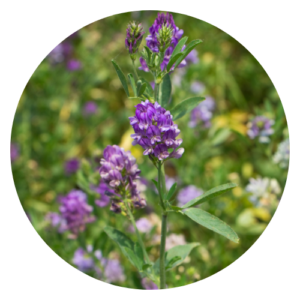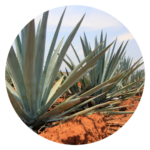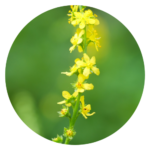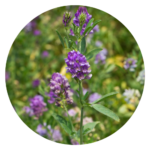Alfalfa | Medicago sativa
Alfalfa is a nutrient-rich herb that supports cardiovascular, metabolic, and overall health. It lowers cholesterol, balances blood sugar, reduces inflammation, and nourishes the body with essential vitamins, minerals, and antioxidants.
Shop Choices
For those exploring Alfalfa.
See Options As an Amazon Associate, we may earn from qualifying purchases.




